The eternal wisdom of Lao Tzu condensed into poetry
It is a daring act of self-inflicted ridicule to condense the eternal wisdom of Lao Tzu into a poem of my own. In Tao Te Ching he potentially mocks my work millennia ahead of its conception: “the sage keeps to the deed that consists in taking no action and practices the teaching that uses no words”. Any writer therefore is doomed not being a sage, which hopefully instills humbleness into our work.
Like Confucius, Chuang-Tzu and Mencius, his words are as timeless. Insight of these ancient Chinese philosophers enriched not only the Eastern cultures, but any deep-thinking intellectual. Tao Te Ching — The Way of Tao laid the foundation to the Taoist philosophy. Taoism had evolved into a folk religious practice and as an official religion of the Tang Dynasty in China. Yet, as with most codified sets of moral codes and ethical ideas, this misses some of the master’s teaching. Humbleness is the power of the wise, while control is the weapon of those in fear of losing power. Lao Tzu further reminds us: “He who overcomes others has force. He who overcomes himself is strong.”
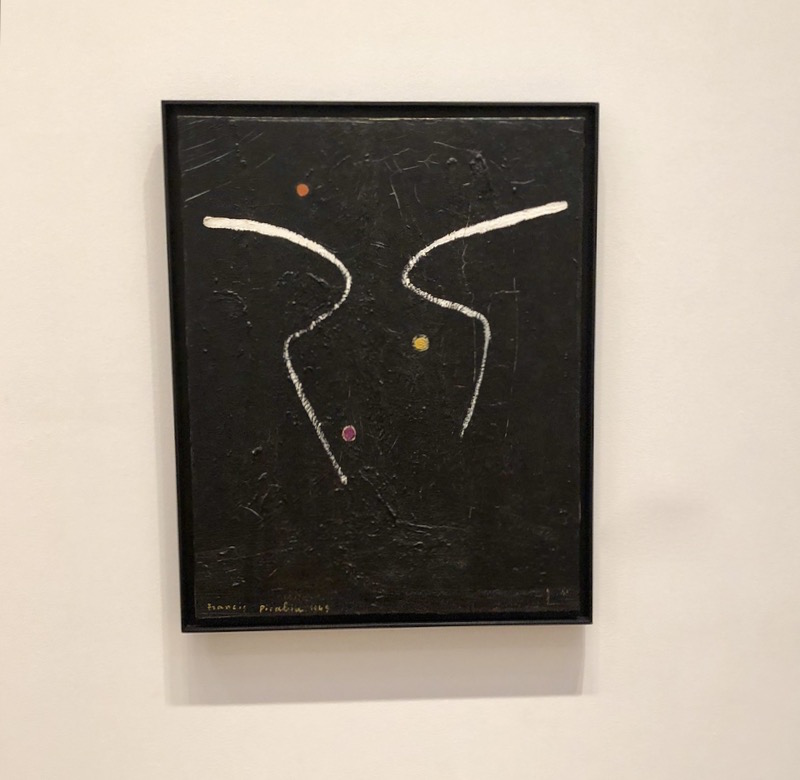

Tao: Gate to heaven
Yet, nothingness is not about doing nothing at all, but about the potential of the empty vessel, an idle mind to be filled with something useful. Finding one’s purpose requires self-reflection and self-knowledge. We all may interpret any book or philosophy in our own way, mainly based on our previous reading and personal experience. I lived in and travelled through China, Japan, Hong Kong and Taiwan. By being curious and open, I touched directly on their cultural fundamentals. My understanding is that much of the Chinese philosophy has influenced the Japanese, with the later hesitant to admit it. Zen has taken many concepts from the Chinese philosophy as much as from buddhism, so did calligraphy, and shinrin-yoku, known as the mindful practice of forest bathing.
Daoism has much in common with buddhism, for both of their foundations were laid around the same period around 500 BC. Rather than creating divisions and walls, we shall find a common ground and connect. This is the only sustainable way to happiness and peace.
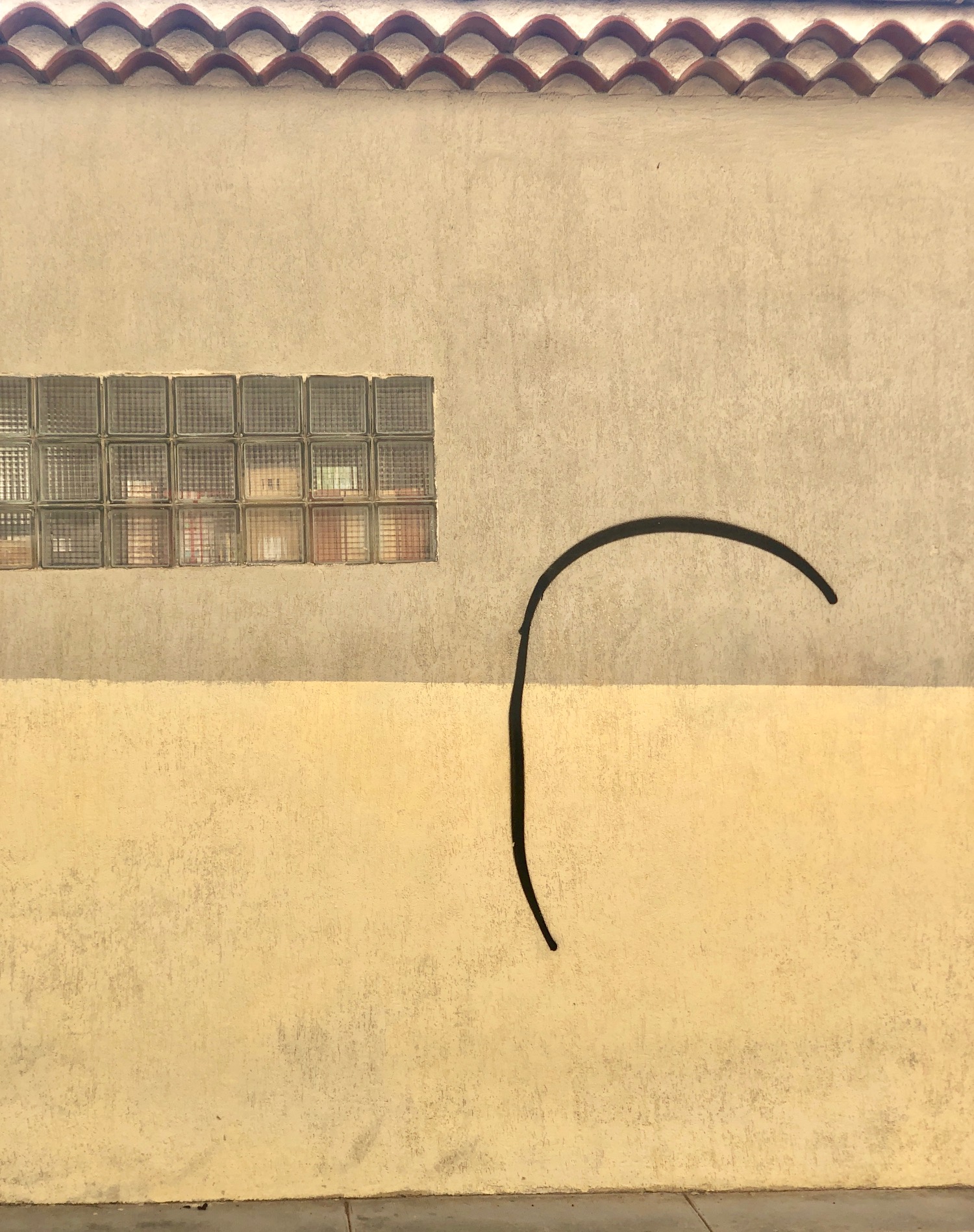

Silence makes space for true knowledge
Above all, one must cut off one’s ego from their actions by reminding oneself that “he who knows has no wide learning; he who has wide learning does not know”. We all heart about the power of silence. This is it. The sage’s advice is not to the “clever” but mainly to these preserving the social order, the leaders and those taking responsible actions. Revolutions are about uprooting the established order and Lao Tzu warns against the violent disorder that often ensues. Yet, change is the essence of life itself and even the wise elites who grasped the tenets of tao must go with the mass flow. Unless, their authority and a good intent overcome others. This is their own, more sustainable force.
I condensed some of my own interpretation and understanding from Lao Tzu’s Tao Te Ching into this poem:
Clever is not the learned, but awareness
A discerned critic knows his own weakness
Force punches out passion from one’s chest
Strength emboldens will
Wealth counts the inside of the mind
Purpose keeps you going forever
In its enduring influence
Dwelling in true ideas
Tenets that never change
Longevity starts today
Actions, thoughts, and attitude
Make every human the water that fills the vase
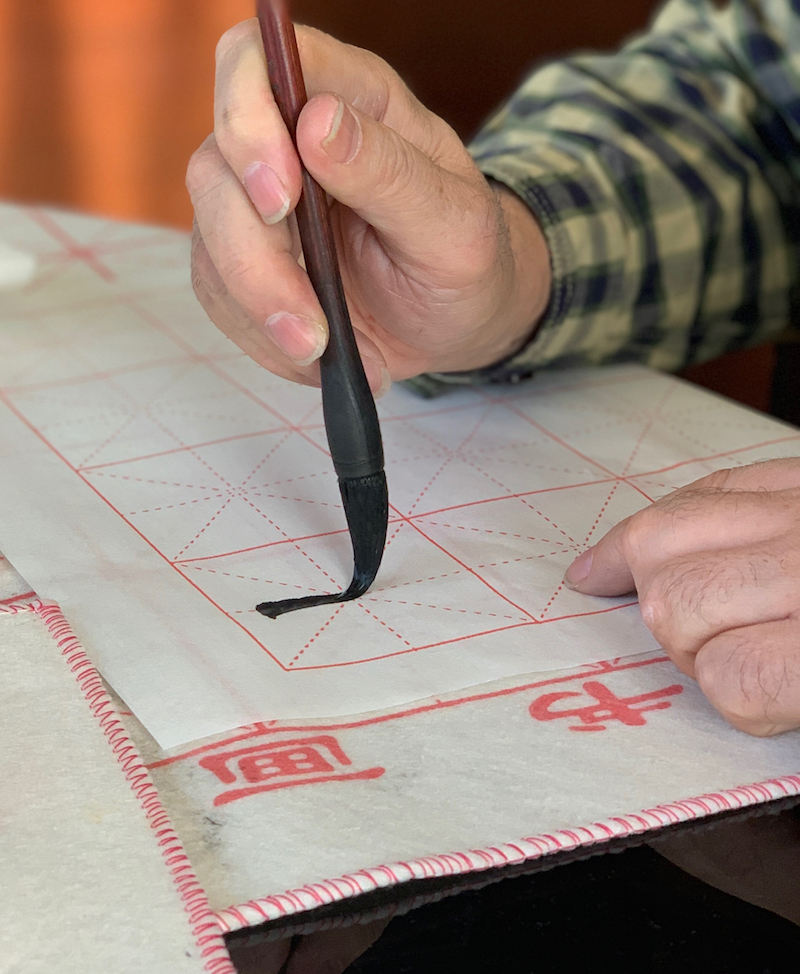
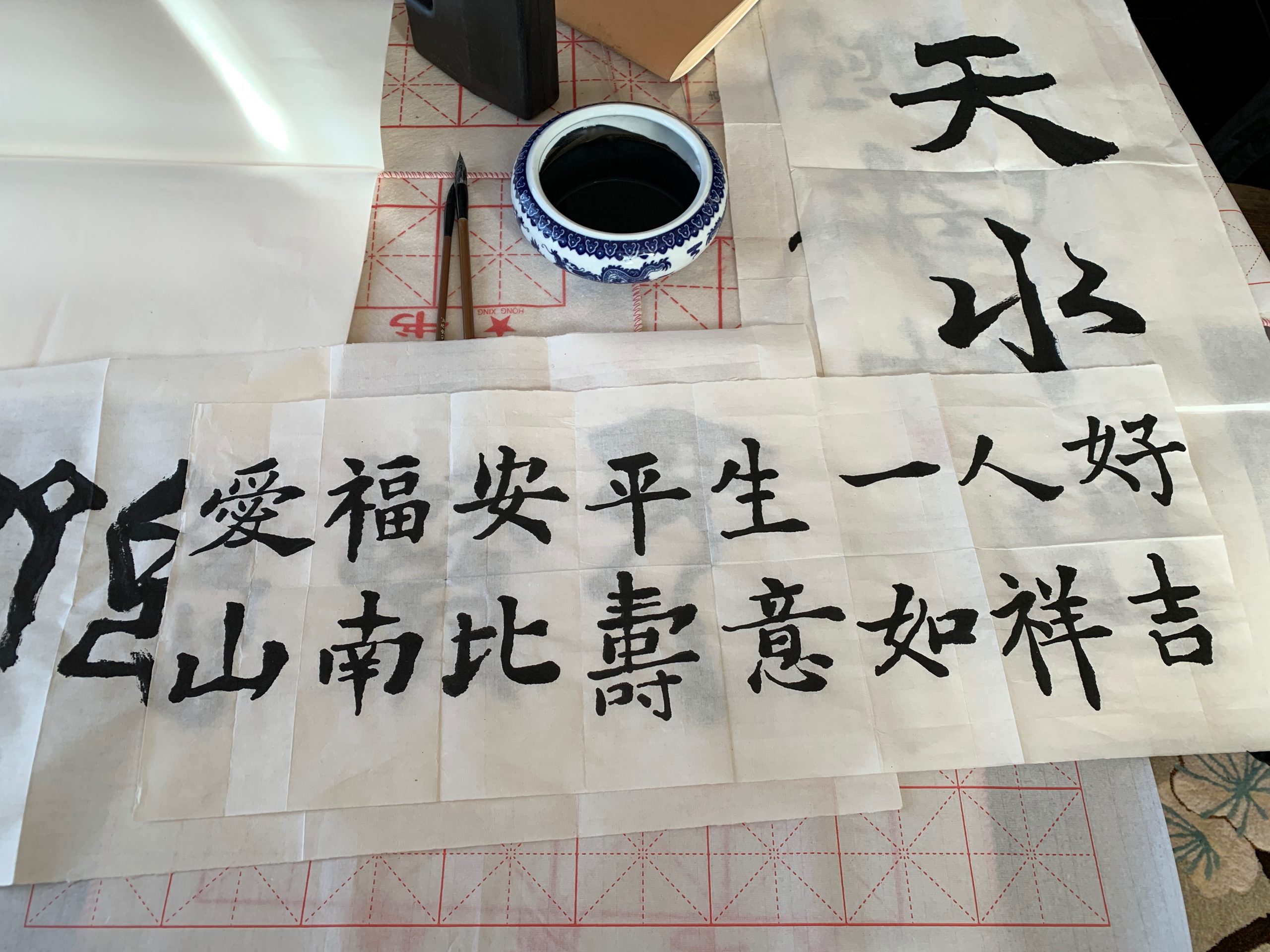
One does not need to be a scholar to penetrate his poetry. Nevertheless, it is useful to read some introductory books on taoist (daoist) philosophy. I enjoyed Creativity and Taoism tremendously as it connected easily with my own intuitions and values. Chinese Poetry, when translated into other languages, is misunderstood if one looks for rhymes or verse. The Chinese poetic tradition is a boundless truth flowing out from an open and acutely aware soul and clear mind onto paper.
The essential writing mediums that we used for millennia before typing was introduced were invented in China. Paper with ink enabled its intellectual history to reach broader and deeper than of any other culture before. One only needs to focus on the perfectly boiled down essence in each of the wise snippets by Lao Tzu. I reread the poems countless times, not trying to memorise them, for this is not the elementary school kid in me, but the inspired creative adult seeking a new wisdom in a given moment.
I was inspired by the sage in the past. My poem Collector of Pebbles streamed from the wisdom of Lao Tzu. Yet this poem is a direct reference to the essence of tao. The path of nothingness that inspired zen in Japan and the now popular minimalism design and millennial lifestyle.

As I type between the jasmine and lavender kitsch of my short Provençal bonne vivre, a zippy breeze awakens my wide gaze onto the spotless azure sky, the notion of nothingness settles deep in my soul. SOMETHING ABOUT THE ROSEMARY BUSHES, STOUT AND RESILIENT FASCINATES ME. The heart is soft, urban anxiety abandoned at the city pavements, and my head full of air, lifted and blending with my surroundings. Now feels like nothingness, the perfection of peaceful existence at ease with oneself. There is no ego nagging and nudging my consciousness, and bullying me into some grandiosity. No thoughts disturb my presence. I am aware and accept what is as it is and such timeless existence is blissful. I meditate and write.
Weightless breath melts with my soul
I float, a headless sculpture
On a warm flowing stream of aether
Brightness opened the gate to my soul
Freed from emotions, of the power-grip in rapture
I, a puppet of that conventional game, a tither
Stirred cravings, more, ever more!
I can never pay myself out of lore — freed
Now, in this mindless calm I desire nothing
No burdens of the itching mind
Squabbling for my attention
Like an unloved child
Attached to your craving
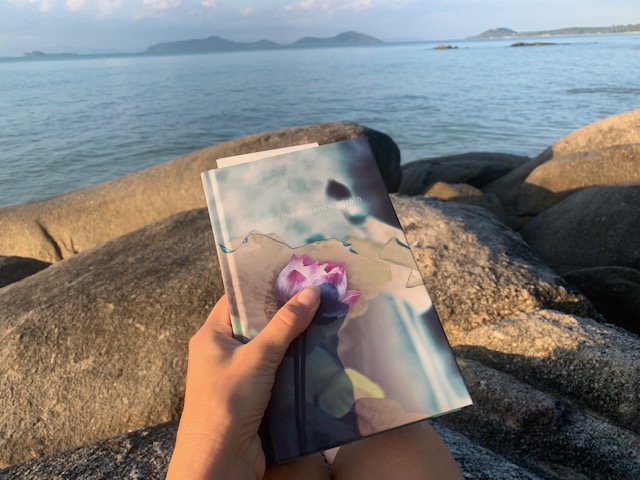
As in meditation, our calm sometimes brings moments of breakout, the highs that disturb our focus, the emotions coming to the surface. The only way to the inner harmony is not to grip them tightly, but let go and continue on clearing one’s mind. Eventually, the circle is broken and you fuse with the prana, tao, zen, the energy that is the source of all.


Pingback: Instinct is magic, uncovering the invisible in logic - La Muse Blue